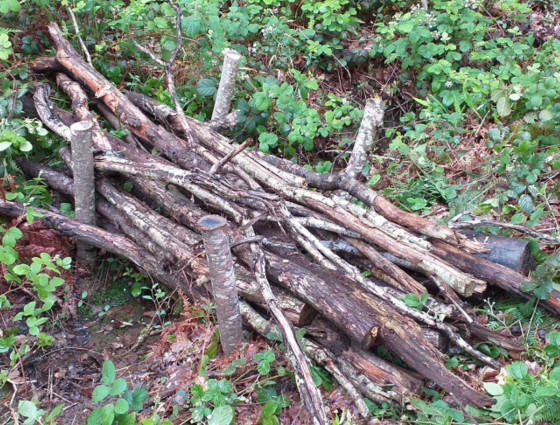Further funding has been received for a project trying to reduce flood peaks at river catchments across Worcestershire.
The project uses natural flood management techniques to reduce flood peaks on areas such as the Dowles Brook, so that it does not coincide with the peak on the River Severn, and prevent further flood risk.
Other catchments to receive support through the funding include Cotswolds Tributaries and the Barbourne Brook catchment.
Natural flood management techniques help to ensure water moves more slowly through a landscape and it can be done using a wide range of measures. Measures include ponds, swales, leaky dams, tree and hedge planting.
Fast moving flood waters can cause immense damage; eroding soils, damaging land and property.
To date, the work has been progressed on a pilot basis, and funding has been now been secured for it to continue for another five years after receiving Government funding via the English Severn & Wye Regional Flood & Coastal Committee.
Worcestershire County Council have worked on the project in partnership with the Environment Agency.
Councillor Simon Geraghty, Leader of Worcestershire County Council said: “Natural Flood Management is an area where we have really made significant progress in recent years and this funding allocation is great news for the county. It has many long term benefits other than helping to manage local flood risks, it has benefits for our local communities too, including the local wildlife. Flooding is an area we have had to focus on significantly in recent years, and I’d like to thank the Environment Agency for their support on this and other projects in this area.”
Lucy Wood, Catchment Coordinator at the Environment Agency, said: “The Environment Agency is pleased that the council has secured funding to continue to deliver Natural Flood Management across the county. This is an important tool in reducing flood risk to many communities. It also has benefits for water quality, drought resilience and wildlife.”
For more information, please visit the dedicated Natural Flood Management pages of the County Council website or call 01905 844 946

 Facebook
Facebook Twitter
Twitter Email
Email WhatsApp
WhatsApp Messenger
Messenger